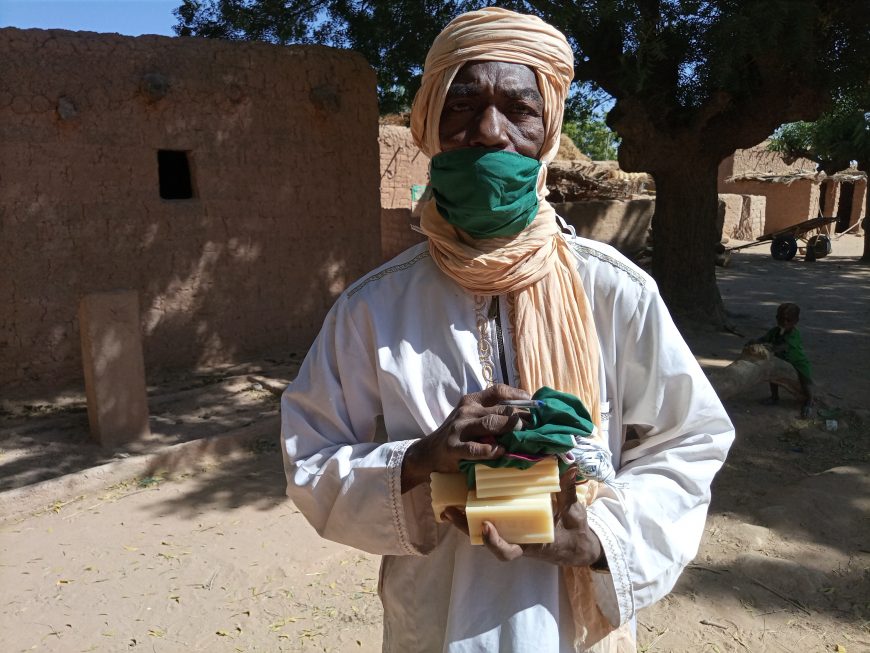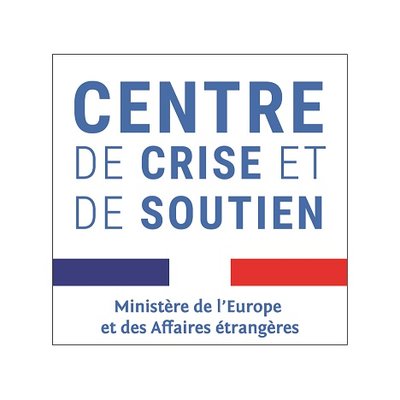In south-west Niger, the Tillabéri region has not escaped the Covid-19 pandemic. In a context of growing insecurity, which has led to numerous population displacements, Covid-19 has contributed to limiting access to livelihoods for already vulnerable populations.
In order to face this situation, ACTED has mobilized in emergency between June 2020 and February 2021 to provide assistance to the IDPs of Ouallam, Ayerou and Banibangou. This intervention was made possible thanks to the financial support of the Crisis and Support Centre of the French Ministry of Europe and Foreign Affairs.
Against the virus, access to water and means
Guaranteed access to water is an essential element in the prevention of diseases and epidemics. This is why ACTED has been working on the rehabilitation of water supply infrastructures to improve the conditions of access and availability of drinking water.
In total, 6 water points have been rehabilitated in the different sites where IDPs are hosted. In order to better manage the sustainability of the water facilities, ACTED has trained several people gathered in committees. These Water Point Management Committees have also been equipped with maintenance tools so that the communities can carry out the maintenance of the water points by themselves.

In order to slow down the progress of the pandemic and to make the application of barrier measures possible, ACTED has also distributed 195 “hand washing kits” composed of essential items such as soap, a kettle, a bucket and a leaflet explaining the barrier measures and 1,075 “Covid-19 kits” to as many households. In order to sustain and disseminate these good practices, ACTED has trained community relays who will continue the sensitizations beyond the project period within their communities.
The application of barrier practices implies having a minimum of resources to access protection items. ACTED has therefore set up income-generating activities to produce masks and soaps. This action allows both to reinforce the empowerment of the beneficiaries and to make the protection products available at a lower cost.
With the persistence of the pandemic in Niger, this project has made it possible to strengthen the population’s ability to adapt to the emergency health situation.
